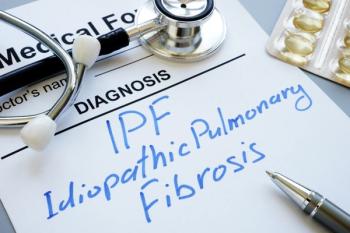
The planned Phase 2 trial in IPF will focus on assessing MTX-463’s safety, pharmacokinetics, and efficacy.

The planned Phase 2 trial in IPF will focus on assessing MTX-463’s safety, pharmacokinetics, and efficacy.

Caissa Troutman, MD, an obesity medicine and family medicine physician, emphasizes early treatment of obesity, along with HTN management, can improve patient outcomes.
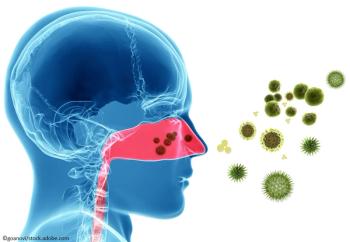
Treatments with the investigational rescue medication achieved clinically effective epinephrine levels faster than intramuscular injection.
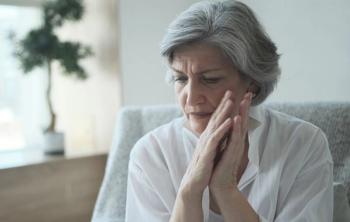
An earlier phase 2 study found statistically significant improvement of MDD in female participants.
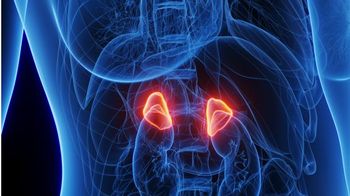
Atumelnant treatment resulted in statistically significant reductions in serum androstenedione and 17-OHP as well as notable improvements in CAH symptoms.

Antipsychotic medications are still used to treat potentially harmful acute agitation, George Grossberg, MD, explains, even though the adverse effects are well known.

"This AHS statement has exceeded our wildest dreams..." McAllister said of the impact of the society recommendation that CGRP inhibitors be considered among first-line treatment for migraine.

Intravenous IMG-007 at study weeks 0, 2, and 4 led to a mean reduction in EASI of 77% as early as week 4; more than half of participants reached EASI-75 at week 16.

The adcomm meeting is expected to happen in the first half of 2025, and means the FDA expects to miss the target PDUFA date.

Buntanetap is an oral molecule designed to inhibit the production of multiple neurotoxic proteins and is under investigation for treatment of Alzheimer Disease, Parkinson’s Disease, and other neurodegenerative diseases.

The trial builds on results from a previous phase 1 study that showed dose-dependent weight loss and favorable tolerability for VK2735 in people with obesity.

Elinzanetant produced a statistically significant reduction in frequency of treatment-related vasomotor symptoms as early as week 1 and in severity at weeks 4 and 12.

The first US interdisciplinary evaluation guideline will help primary care clinicians address the rising prevalence of AD and ADRD seen in their front-line clinical setting.

Your daily dose of the clinical news you may have missed.

Less than 15% of women in menopause receive treatment for VMS, suggesting a need a for more education and awareness, according to JoAnn Pinkerton, MD.

Agitation, one of the most common symptoms AD, affects up to 70% of adults with the condition, and is one of the most challenging for caregivers to deal with.
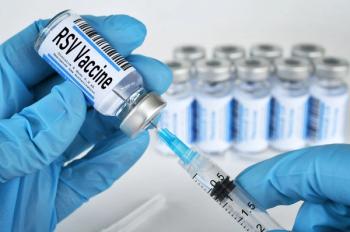
The FDA approved the addition of Guillain-Barré syndrome warnings for Abrysvo and Arexvy, citing postmarketing data suggesting an increased risk.

In an unusual step, the agency's draft guidance recommends the efficacy benchmark for drug approval while emphasizing clinical trial structure and cohort development.

Johnson & Johnson's posdinemab aims to slow tau pathology in early and preclinical Alzheimer’s disease populations.

Your daily dose of the clinical news you may have missed.